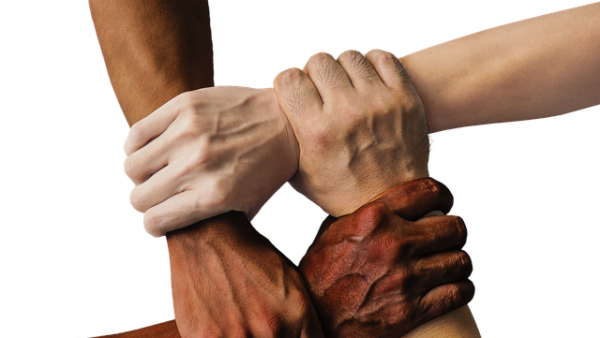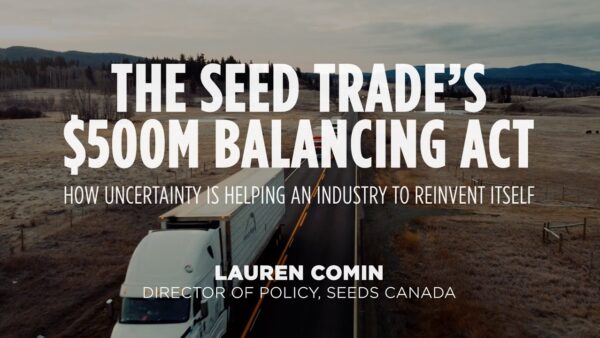There are a lot of questions and misunderstandings that surround gene editing, especially as the world still works to understand the technology. While gene editing and gene modification oftentimes are used interchangeably, it is imperative to understand that the two technologies are not the same.
Gene editing does not introduce DNA from other species — instead, it develops varieties similar to ones that could be created at a slower pace through natural breeding processes. Despite the differences and steps made in the right direction, the industry still faces regulatory issues and setbacks due to misconceptions.
On December 7 at 12:00 CST, the expert panelists on Seed Speaks will address the myths surrounding gene editing and how those misconceptions can impact regulatory decisions and future technology. Joining us are:
Jon Entine, executive director of the Genetic Literacy Project. Entine currently acts as the executive director of the Genetic Literacy Project and is a former fellow at the University of California-Davis’ World Food Center and the American Enterprise Institute. He focuses on disruptive technologies: biotechnology, chemicals in agriculture, nuclear energy and fracking. Entine has written 7 books and was a network TV news producer at NBC and ABC, winning 20 awards including two Emmys, and was Tom Brokaw’s longtime producer.
Entine has written extensively on chemicals and farming, producing thousands of articles and numerous books, including “Let Them Eat Precaution: How Politics is Undermining the Genetics Revolution in Agriculture,” “Crop Chemophobia: Will Precaution Kill the Green Revolution,” “Scared to Death: How Chemophobia Threatens Public Health,” “Taboo: Why Black Athletes Dominate Sports and Why We’re Afraid to Talk About It,” and “Abraham’s Children: Race, Identity and the DNA of the Chosen People.”
Sarah Davidson Evanega, lead of stakeholder communication at Pairwise. Evanega serves as the lead for stakeholder communication at Pairwise — a food and tech company committed to building a healthier world through better fruits and vegetables. Prior to joining Pairwise, she was a professor at the Boyce Thompson Institute for Plant Research (BTI) on the campus of Cornell University. At BTI, Evanega worked at the nexus of plant science and the societal issues that affect the plant science research-enabling environment. There, she served as the founding director of the Alliance for Science — a global communications effort that aims to improve science literacy and science-informed policy making across a range of science issues, including agricultural biotechnology.
For twelve years, Evanega was based in International Programs in the college of Agriculture and Life Science (IP-CALS) at Cornell. She held a number of positions, including senior associate director of the Durable Rust Resistance in Wheat Project and senior associate director of International Programs. At IP-CALS, Evanega was instrumental in launching the CALS initiative Advancing Women in Agriculture through Research and Education (AWARE), which promotes women in agriculture.
Evanega is the 2021 Borlaug CAST Communication Award winner and a Senior Fellow at the Breakthrough Institute. In 2022, she received the Mary Clutter Leadership in Science Public Service Award from the American Society of Plant Biologists.
Make sure to tune in at:
Related Articles:
Find Out How the Social Media-Savvy are Helping People Learn How we Really do Things
How Consumer Trends Affect Ag Policy
Organic and Conventional Farming Aren’t as Different as You Think
Color Sorting and Inventory Management: Separating Fact From Fiction









